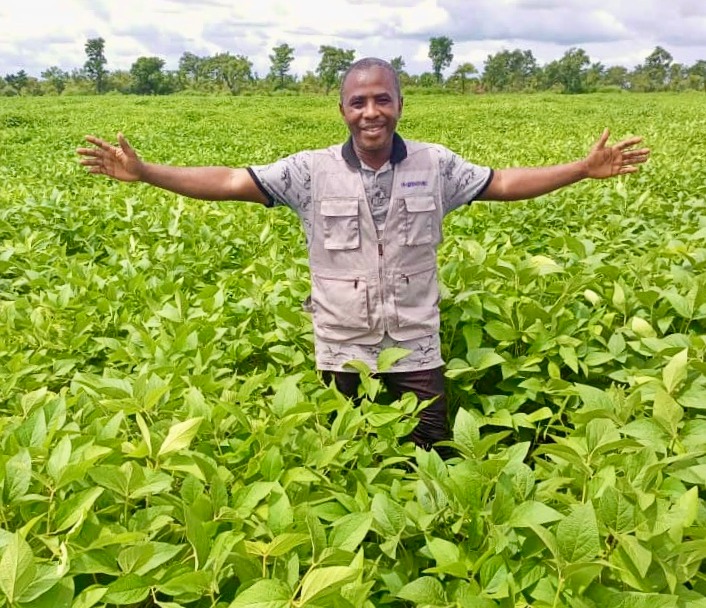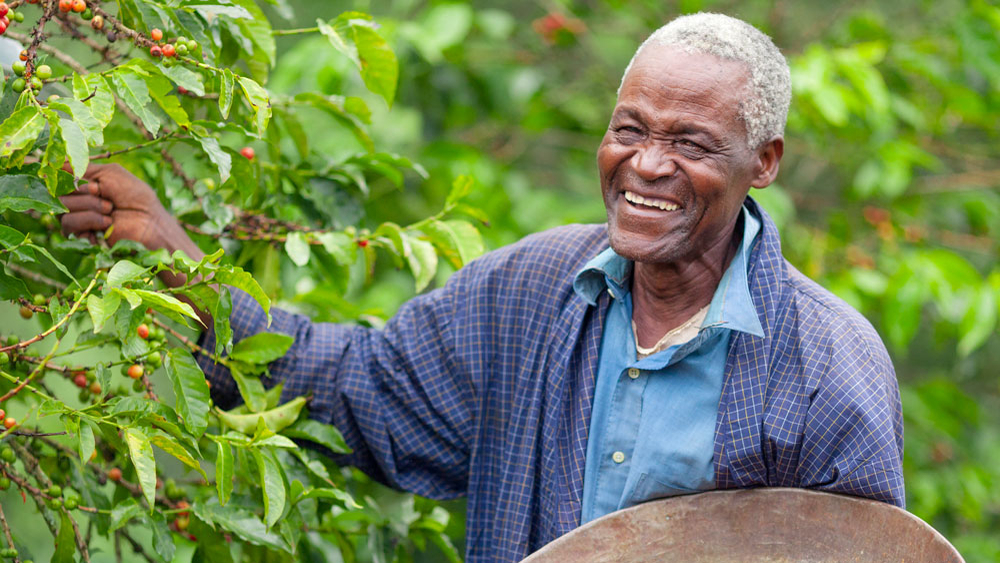 Post-COVID Economy: A call for investment in farmers
Post-COVID Economy: A call for investment in farmersThis past year, our global economy experienced a wide-felt shock. As the world emerges to operate in a post-covid environment, firms committed to advancing their social and environmental impact will surpass profit-driven initiatives. This shift in business will take time to grow and gain traction. Currently, there are economic contractions in supply, demand, and distribution, which have raised problems and insecurities within the framework of supply chains.
· 2021-07-26 12:00:00 ·
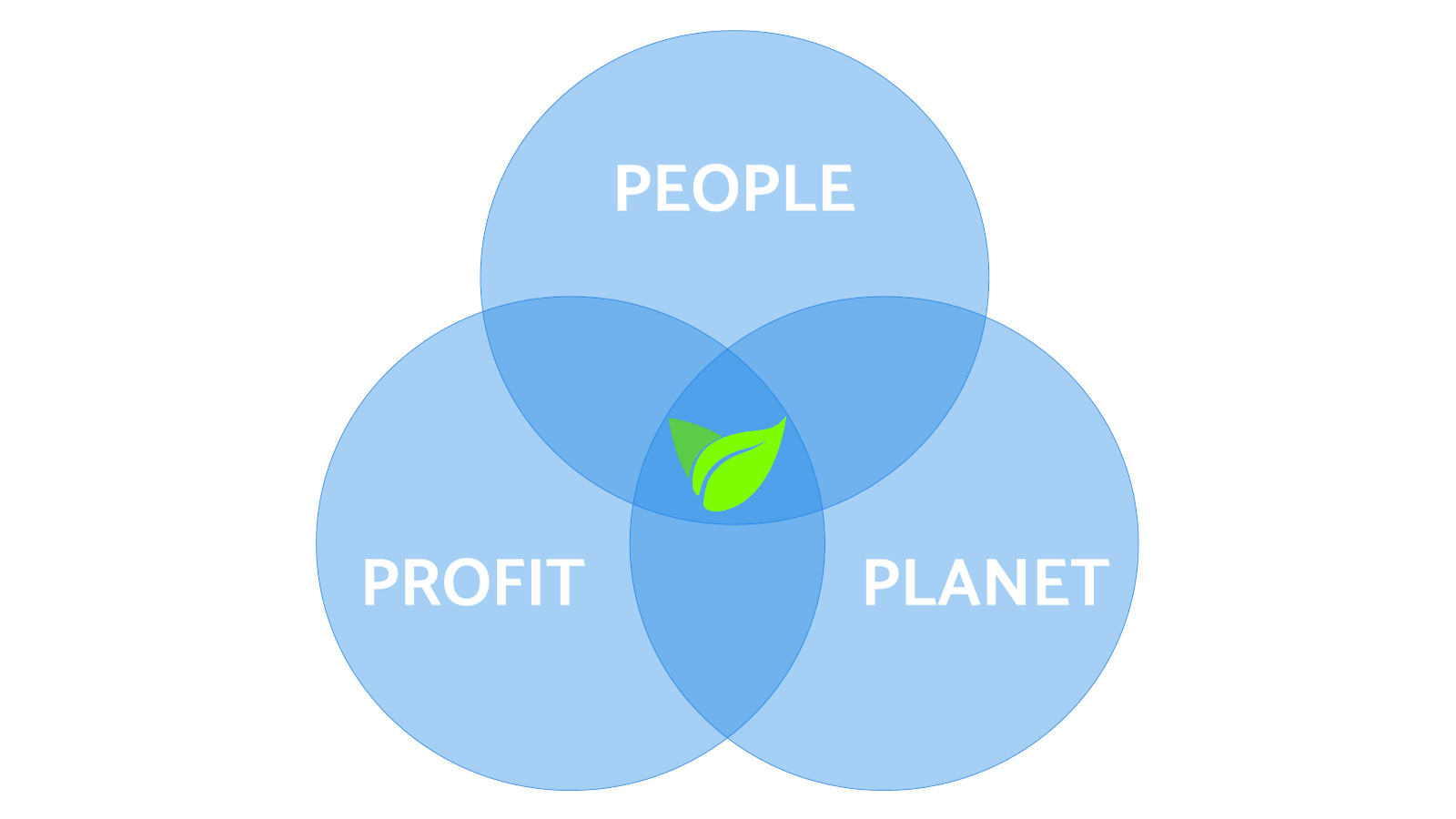 Join AgroFides on the Great Reset
Join AgroFides on the Great ResetOn the heels of the COVID-19 pandemic, a crisis that touched the lives of nearly every person on this Earth, we step into a new era - or at least, the opportunity to do so. The past year and a half unveiled no shortage of inadequacies in ‘the system,’ within which lies a complex, intertwined, yet woefully disharmonious mesh of institutions of governance and players in health, finance, technology, and countless others. Status quo fell flat on its face. Convention failed to rise to the challenge. ‘The usual’ could not adapt to newer times. Whether we as a society decide to take the next, arguably long overdue, step to reimagine the economy and the practices that shape it or simply hit the back button to what once was, is in our hands. This call-to-action for change has widely become known as the Great Reset.
· 2021-06-28 12:00:00 ·
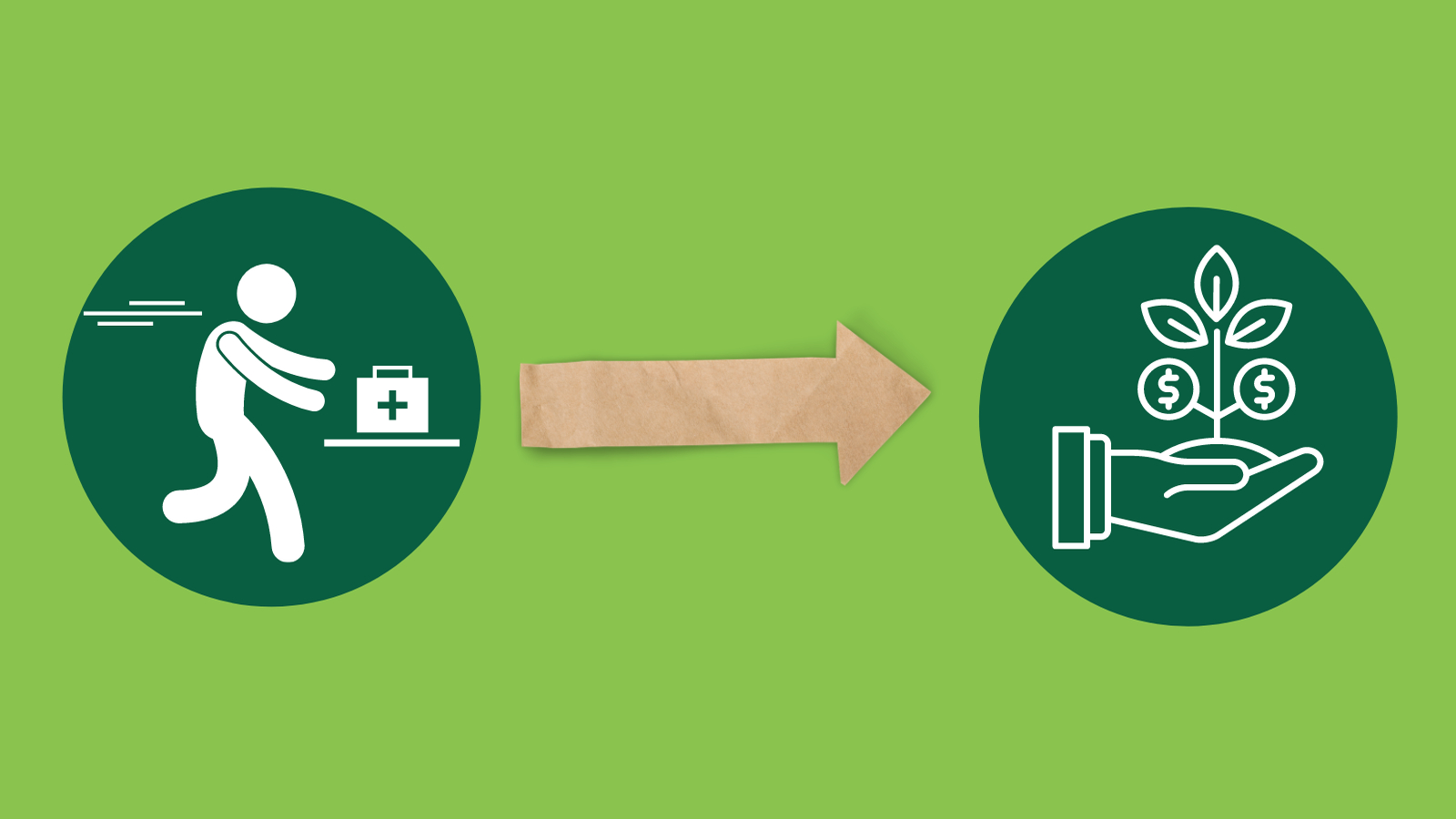 A Call for Investment and an Africa Beyond Aid
A Call for Investment and an Africa Beyond AidIn a 2017 press conference with President Macron of France, Ghana President Nana Akufo-Addo expressed his deep concern with Ghana’s continued dependence on funds and aid initiatives from other nations. Akufo-Addo explained how while Africa has one of the youngest populations in the world, its youth continue to seek opportunities elsewhere, mainly because they believe that there is nothing for them at home. He states, “We want young Africans to stay in Africa”. Akufo-Addo urges people to envision a “Ghana beyond aid,” where citizens can finance their basic needs.
· 2021-06-01 12:00:00 ·
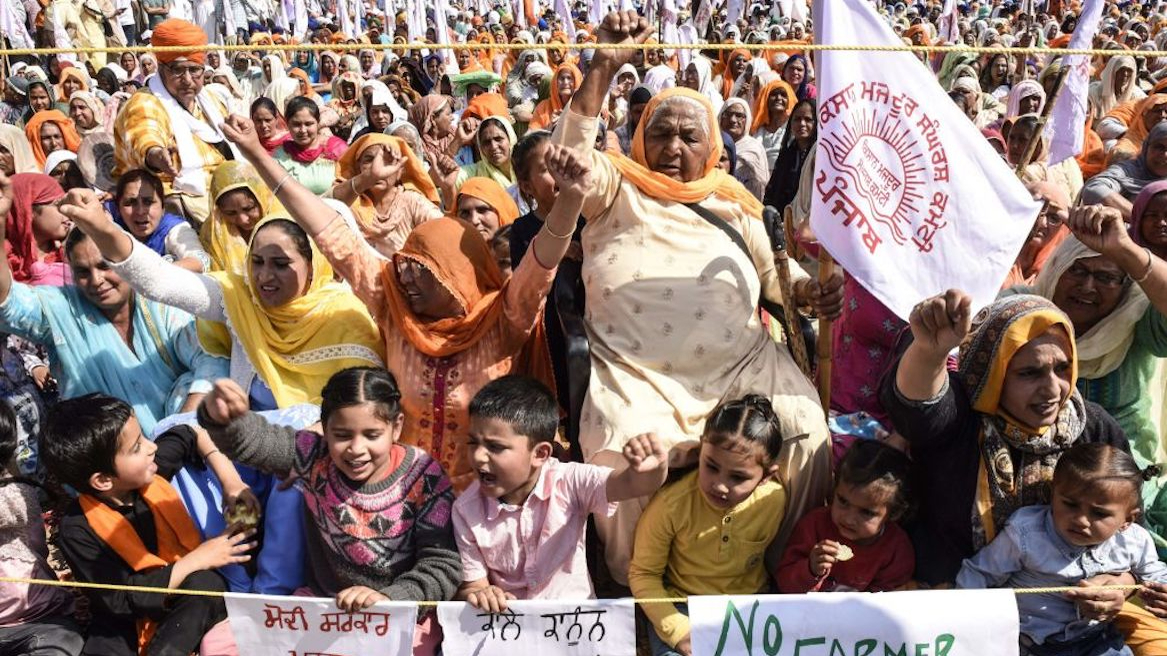 Indian Farmers' Protest: A consequence of debt trap
Indian Farmers' Protest: A consequence of debt trapImplementing three new agricultural reform acts in September sparked months-long protests by farmers and farming unions in India. As explained in a Vox interview, the three acts worked to deregulate three different sectors of the farming-trading system, and many farmers felt that the new laws leaves them at the mercy of larger agribusiness and corporations.
· 2021-04-22 12:00:00 ·
 Why you can expect to see repayment of your loan
Why you can expect to see repayment of your loan“Microfinance recognizes that poor people are remarkable reservoirs of energy and knowledge. And while the lack of financial services is a sign of poverty, today it is also understood as an untapped opportunity to create markets, bring people in from the margins and give them the tools with which to help themselves.” -Kofi Annan
· 2021-02-25 12:00:00 ·
 Lowering Barriers to Credit with Psychometric Assessments
Lowering Barriers to Credit with Psychometric AssessmentsA 2015 FAO fact sheet stated that “low levels of investment in agriculture” in Ghana was partly due to “a lack of technical knowledge on risk assessment and management.” Most people in Ghana, especially rural smallholder farmers, do not have a credit history. Without a credit history to look at, lenders are less able to assess lending risk. However, AgroFides sees the potential for psychometric methods to fill this information asymmetry.
· 2021-02-04 12:00:00 ·
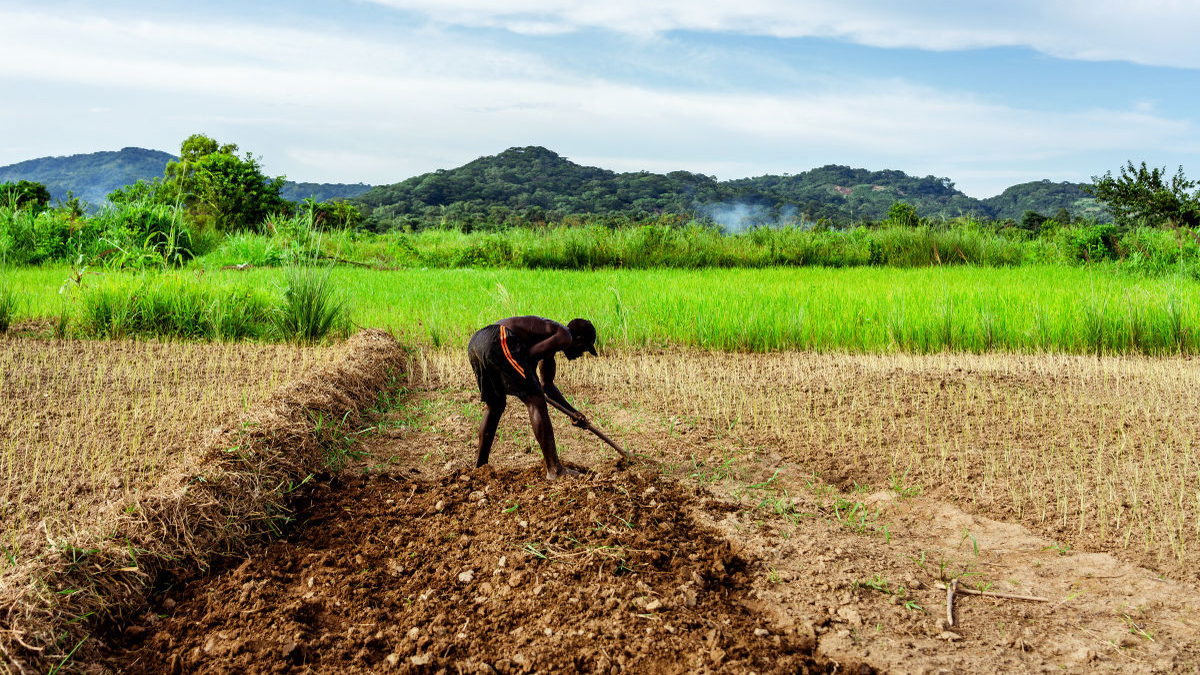 Environmental Impacts of Fertilizer use in Food Production
Environmental Impacts of Fertilizer use in Food ProductionAgriculture is one of the top contributors of greenhouse gases, making up 24% of global greenhouse gas emissions in 2014 (FAO, 2014). This significant level of emissions is not slated to decrease anytime soon, as it is projected that the global population will grow to 9.7 billion by 2050, and demand for agricultural production will likely increase accordingly. These additional 2 billion mouths to feed pose not just a threat of increased greenhouse gas emissions, but also a risk of widespread food insecurity and hunger.
· 2021-01-18 12:00:00 ·
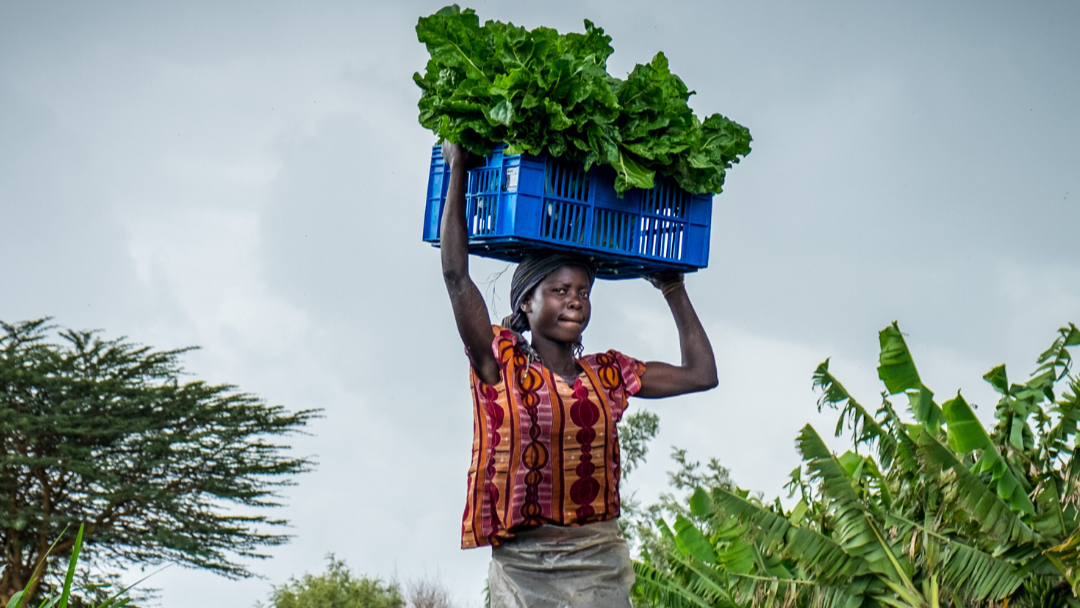 Opportunities to Promote Gender Equity in Smallholder Farming
Opportunities to Promote Gender Equity in Smallholder FarmingThough female farmers make up a significant portion of farmers globally, they often face barriers that make it substantially more difficult for them to succeed. For one, female farmers are less likely to own the land that they farm on, which makes it more difficult for them to secure loans for investment in their farms. This insecurity of land ownership not only impacts the ability to secure credit, but also makes female farmers less likely to adopt new technologies because of the uncertainty in long-term investment. Female farmers are also often pushed out of planting cash crops, which are seen as more economically productive. Female farmers are less likely to plant cash crops, such as cocoa or oil palms, and have been found to more heavily favor subsistence crops, such as peppers or tomatoes, which are less often considered eligible for credit. Finally, women are often excluded from farmer’s cooperatives.
· 2020-11-02 12:00:00 ·
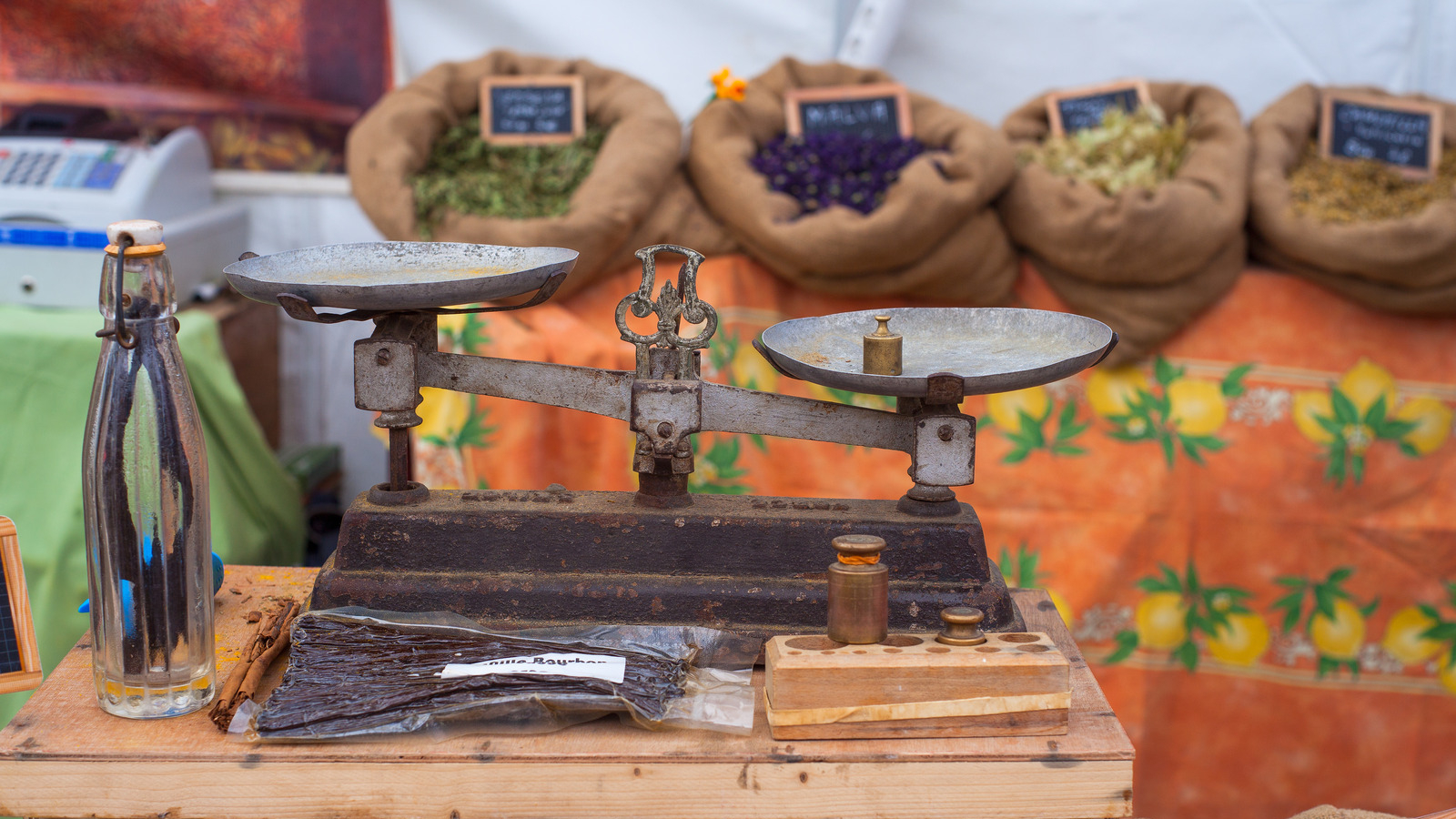 Credit Risk Prevents Growth of Small-Medium Scale Farming in Africa
Credit Risk Prevents Growth of Small-Medium Scale Farming in AfricaSmall and medium scale farms contribute to 80% of the food consumed in Africa, yet these farmers often face the most difficulty receiving financial support. Unable to obtain loans, smallholder farms struggle to adopt new technology that could increase future yield, or even obtain the credit necessary to purchase enough supplies for the planting season ahead. As a result, these farms face lower crop yield than otherwise possible, making farming business less profitable.
· 2020-10-16 12:00:00 ·
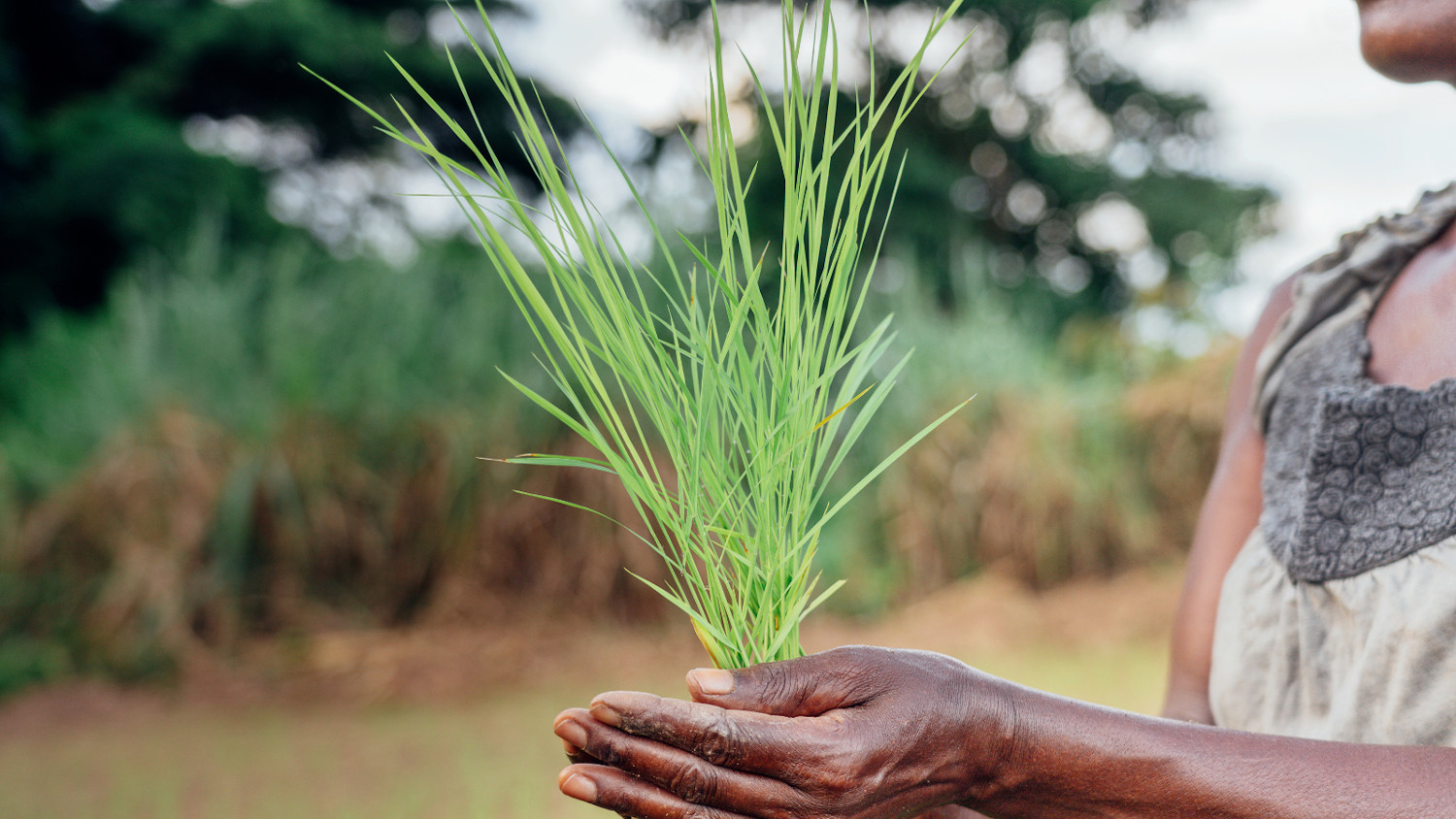 African Farmers & Credit: A Misaligned Relationship
African Farmers & Credit: A Misaligned RelationshipA 2019 World Bank brief explains how global population growth, changing dietary preferences, and various climate risks all contribute to “an ever increasing need to invest in agriculture.” So much so that global demand for food is expected to increase 70% by 2050, which will require at least $80 billion of imbursements annually, much of which will need to come from the private sector. However, the 2019 Rural and Agricultural Finance State of the Sector Report, a joint publication by the Mastercard Foundation Rural and Agricultural Finance Learning Lab and ISF Advisors, tells us that there is currently a gross amount of unmet smallholder finance demand.
· 2020-09-25 12:00:00 ·
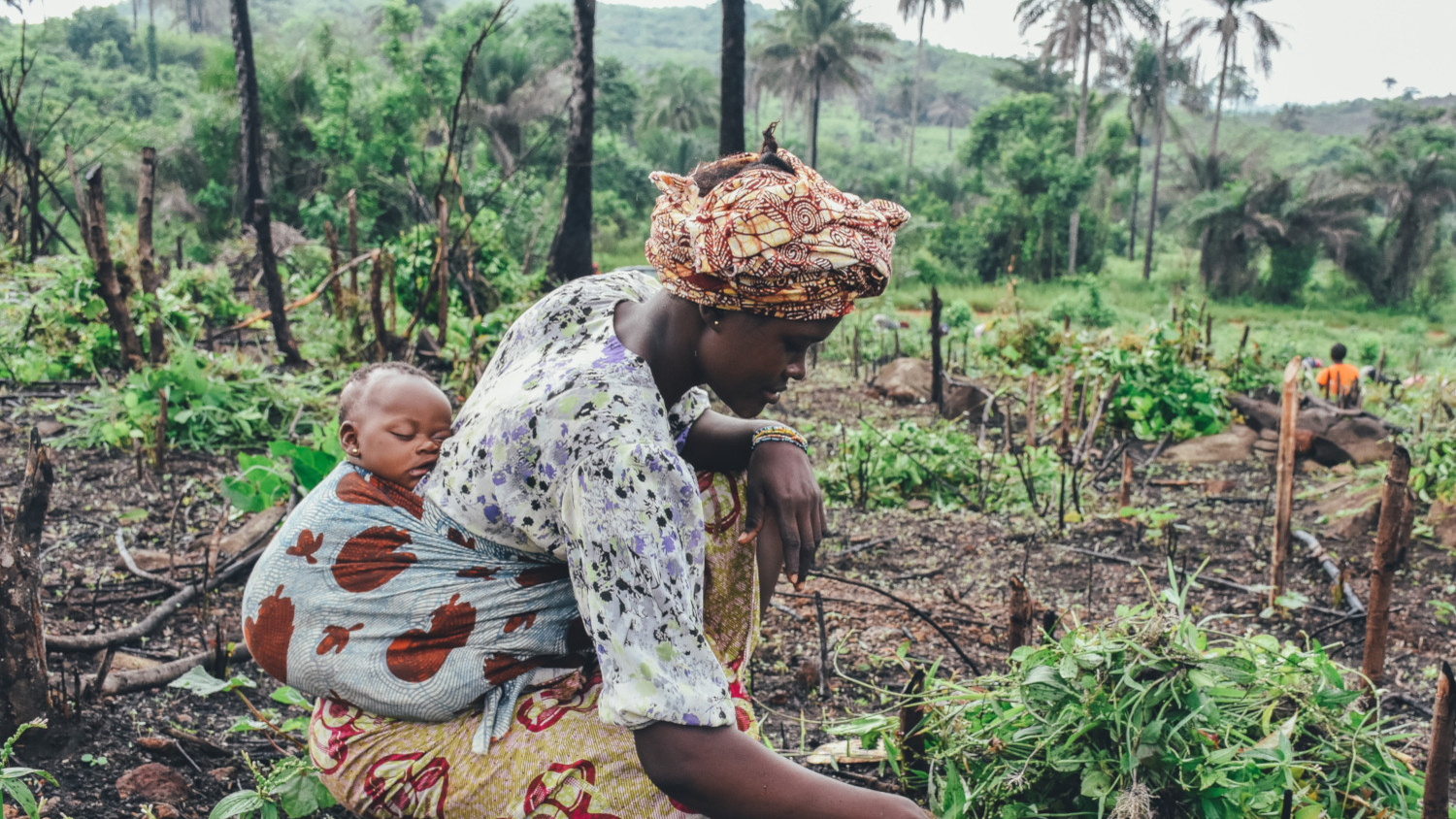 African Agriculture’s Untapped Potential: An Opportunity for Impactful Lending
African Agriculture’s Untapped Potential: An Opportunity for Impactful LendingAgroFides recognizes the immense opportunity currently presented to creditors to capitalize financially on the African continent; in the last decade, more than half of the world’s most rapidly expanding economies have been African. Moreover, the World Economic Forum predicts that by 2030, 43% of Africans will belong to the middle or upper classes, which will translate to a higher level of demand for goods and services (household consumption is expected to rise to $2.5 trillion), suggesting lucrative opportunities in African businesses for savers.
· 2020-05-29 12:00:00 ·
